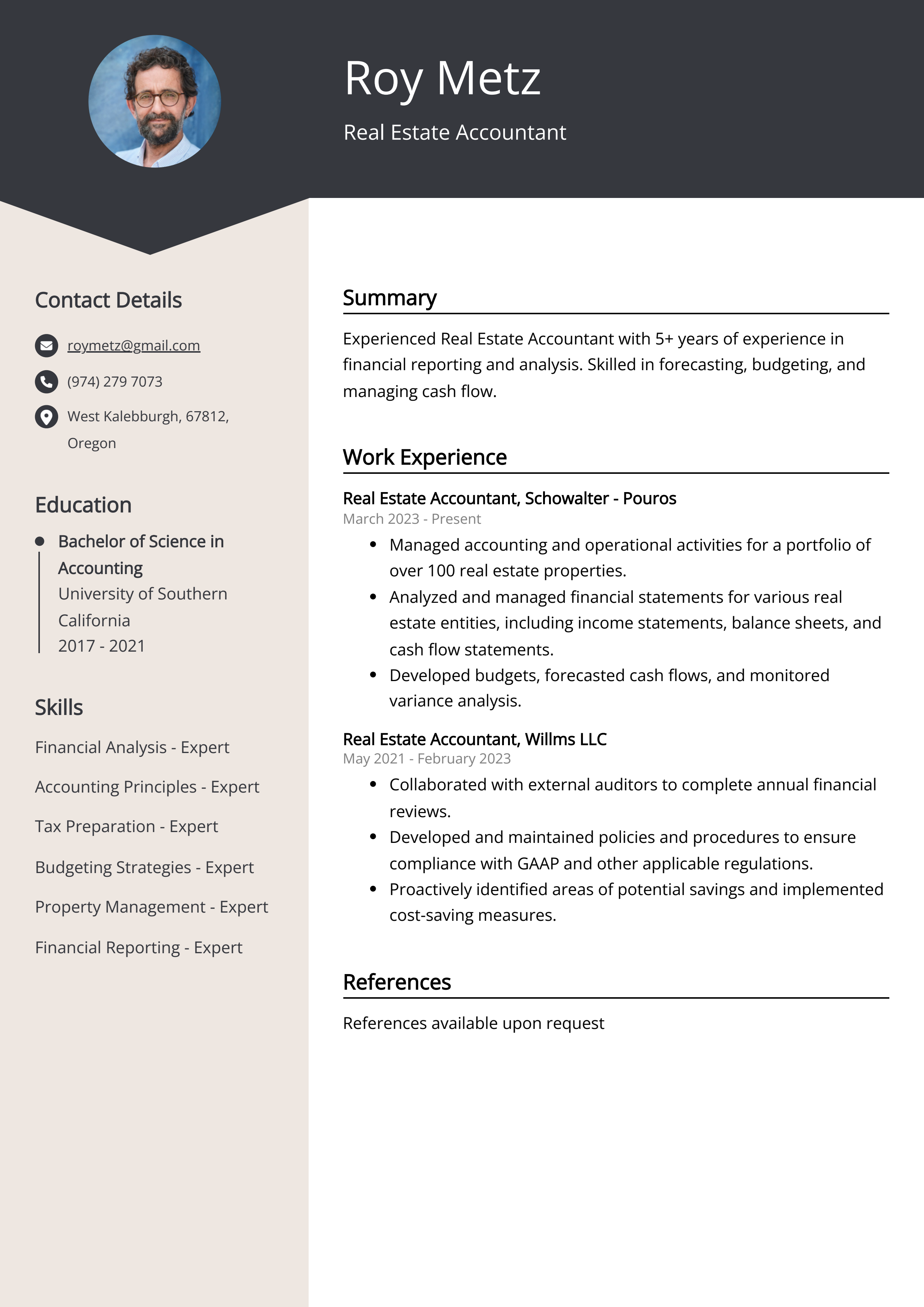Why Businesses Need Construction Accounting to Ensure Compliance
Why Businesses Need Construction Accounting to Ensure Compliance
Blog Article
The Key Benefits of Carrying Out Construction Audit Practices in Construction & Property Firms
The implementation of building and construction bookkeeping practices within building and realty companies provides various advantages that can dramatically boost overall financial administration and job results. By establishing strenuous budgeting and cost-tracking devices, companies can attain better precision in financial planning and cash flow management. These practices not only mitigate mistakes yet additionally promote educated decision-making through prompt accessibility to crucial information. As the industry remains to develop, understanding the full scope of these advantages comes to be essential for maintaining competition and attaining lasting growth. What specific areas of economic administration might produce one of the most substantial renovations?
Enhanced Budget Control
In the realm of building accountancy, effective spending plan control is extremely important for job success. Boosted budget control involves extensive monitoring and administration of funds throughout the project lifecycle. Precise budgeting makes sure that costs are approximated reasonably, making it possible for companies to assign funds successfully and reduce the threat of overruns.
To achieve enhanced budget plan control, building firms must utilize in-depth price tracking techniques, using innovative software application remedies that assist in real-time information analysis. This includes breaking down task costs right into labor, materials, and overhead, enabling accurate projecting and changes as required. Regular spending plan testimonials and variance analysis are crucial in identifying inconsistencies in between forecasted and actual expenditures, which can notify prompt decision-making.
In addition, clear interaction among project stakeholders is important for preserving financial self-control. Establishing a culture of responsibility makes certain that all group participants recognize financial constraints and objectives. By cultivating cooperation across departments, firms can boost their ability to respond to financial challenges proactively.

Improved Capital Monitoring

Effective capital monitoring is crucial for construction firms, as it straight affects their capability to operate efficiently and meet task commitments. By utilizing durable building accounting methods, firms can gain a more clear image of their monetary placement, permitting far better projecting and source allotment.
One of the primary benefits of enhanced capital management is the ability to anticipate periods of monetary stress. Construction tasks usually include substantial in advance expenses and fluctuating income based upon task turning points. With effective monitoring of income and expenses, firms can recognize potential cash shortages and implement techniques to mitigate them, such as protecting lines of credit report or readjusting payment timetables with subcontractors.
Furthermore, timely invoicing and thorough follow-up on receivables can boost cash circulation. By improving these procedures, construction companies can make sure that funds are offered when required, supporting continuous procedures and lowering the risk of delays due to cash restraints. Furthermore, precise capital estimates enable firms to make enlightened decisions relating to financial investments in brand-new projects, devices, or employees, cultivating lasting development and security within the organization. Ultimately, boosted capital administration is crucial for maintaining operational effectiveness and making certain long-term success in the competitive construction market.
Boosted Job Success
Making best use of job profitability is a fundamental goal for building and construction firms striving to enhance their financial efficiency. By accurately tracking task expenses, firms can determine locations of overspending and carry out corrective procedures without delay.
Additionally, detailed monetary coverage and evaluation provide insights right into profit margins for various jobs. By assessing these margins, companies can make enlightened decisions on future quotes, ensuring they pursue jobs that line up with their earnings goals. In addition, building accounting methods facilitate much better interaction amongst project stakeholders, promoting cooperation that can lead to cost-saving innovations and website here improved project implementation.
In addition, establishing a robust accounting framework allows companies to precisely analyze their efficiency versus market benchmarks. This not only helps in determining staminas however likewise highlights weak points that require attending to, making it possible for continual renovation. Inevitably, raised task profitability not just reinforces a company's economic standing yet additionally improves its competitive benefit in the building and construction and property market, leading the way for lasting development and success.
Streamlined Financial Processes
Streamlined financial procedures are crucial for building and construction companies intending to improve operational efficiency and accuracy in their accounting techniques. By using and implementing standard treatments specialized software application, companies can substantially decrease the time and initiative invested on monetary management jobs. Automation of regular tasks, such as invoicing, expenditure, and payroll monitoring, lessens human mistake and makes sure that financial information is refined quickly.
In addition, streamlined procedures facilitate far better cash circulation management, an essential facet for building firms where job timelines and budgets can be unforeseeable. With real-time monetary reporting, firms can check their monetary health, permitting speedy changes to alleviate any kind of capital problems. This aggressive strategy aids maintain supplier relationships and keeps tasks on schedule.
Integrating building and construction accounting practices allows firms to combine different economic features, from budgeting to project costing, into cohesive workflows. This combination not just conserves time however additionally promotes transparency and liability among team participants. Inevitably, structured economic procedures add to an extra active company, all set to react to market adjustments and task needs while making certain that economic honesty stays undamaged.

Educated Decision-Making Insights
Informed decision-making is vital for building and construction companies browsing complicated job landscapes and rising and fall market problems. By executing durable building audit methods, companies can utilize exact financial data to facilitate tactical options. This data-driven method makes it possible for supervisors to analyze task viability, assign sources successfully, and forecast cash money circulation changes with better accuracy.
Building bookkeeping gives understandings right into cost monitoring, permitting companies to check it out recognize locations of overspending and carry out restorative steps quickly. For instance, detailed spending plan monitoring and variation analysis can disclose inconsistencies between projected and real expenses, informing future task proposals and techniques. Furthermore, prompt monetary reporting boosts the ability to reply to market modifications, ensuring that companies continue to be competitive and agile
Furthermore, exact monetary insights foster much better communication with stakeholders, consisting of clients and investors. Clear financial reporting builds trust fund and confidence, as stakeholders can see the company's financial health and wellness and project performance at a look. Eventually, educated decision-making, backed by sound accounting techniques, equips building and construction firms to navigate difficulties, take advantage of chances, and drive lasting development in a progressively affordable sector.
Final Thought
In conclusion, the application of building and construction accounting practices in building and construction and real estate firms considerably improves economic monitoring. By helping with improved spending plan control, improving cash money flow administration, and raising project productivity, these practices contribute to structured financial processes and notified decision-making. The fostering of such methodologies not just cultivates accountability amongst stakeholders yet also gears up companies with the dexterity necessary to browse varying market problems, eventually bring about greater overall success in job implementation.
The execution of construction bookkeeping techniques within building and construction and actual estate companies presents various benefits that can dramatically enhance general monetary monitoring and project outcomes. Construction tasks typically entail substantial ahead of time costs and fluctuating revenue based on task turning points. Additionally, building audit practices help with better interaction amongst job stakeholders, fostering cooperation that can lead to cost-saving innovations and improved job implementation.
Incorporating building and construction accountancy practices makes it possible for firms to consolidate numerous financial features, from budgeting to job costing, right into natural process. Construction CPA Accounting Firm. Get More Information Comprehensive spending plan tracking and difference evaluation can expose disparities between predicted and actual prices, informing future job bids and methods
Report this page